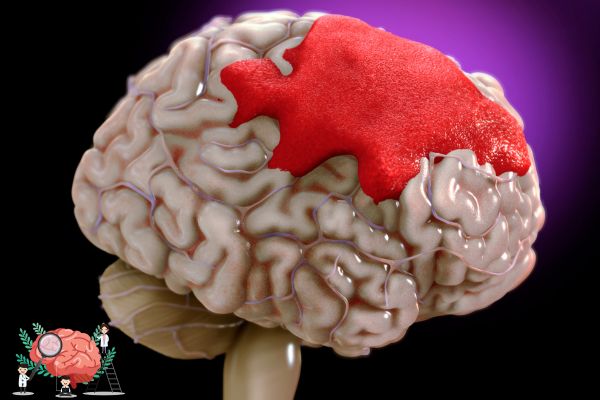A brain tumor diagnosis can be overwhelming, but timely intervention can significantly improve outcomes. While not all brain tumors require surgery, some cases demand immediate surgical attention. Dr. Bharat Gupta, an expert neurosurgeon, shares five critical signs that may indicate the need for brain tumor surgery.
1. Persistent and Severe Headaches
Headaches are a common symptom of brain tumors, but those linked to tumors tend to be persistent, worsening over time. If you experience severe headaches that don’t respond to usual pain relievers or are more intense in the morning, it could indicate increased intracranial pressure caused by a growing tumor.
2. Seizures or Unexplained Convulsions
Sudden seizures or convulsions, especially in individuals with no history of epilepsy, can be a red flag. Tumors can disrupt normal brain activity, leading to involuntary movements, loss of consciousness, or sensory disturbances. If you or a loved one experiences unexplained seizures, seek medical evaluation immediately.
3. Progressive Neurological Deficits
Brain tumors can impact brain function, leading to gradual neurological decline. Symptoms such as weakness or numbness in the limbs, loss of coordination, vision disturbances, or difficulty speaking should not be ignored. These signs often indicate tumor growth affecting specific brain regions responsible for motor and sensory functions.
4. Cognitive and Personality Changes
A growing brain tumor can alter cognitive abilities and personality traits. Memory loss, difficulty concentrating, confusion, or sudden mood swings could be signs of brain dysfunction. In some cases, individuals may exhibit aggression, apathy, or social withdrawal, signaling the need for further medical assessment.
5. Increased Intracranial Pressure (ICP)
Brain tumors can obstruct cerebrospinal fluid flow, leading to increased intracranial pressure. Symptoms of elevated ICP include persistent nausea and vomiting, drowsiness, and blurred vision. If left untreated, increased ICP can be life-threatening, making timely surgical intervention crucial.
When to Consult a Neurosurgeon
If you or someone you know is experiencing any of these symptoms, consult a neurosurgeon promptly. Early diagnosis and intervention can prevent complications and improve prognosis. Advanced surgical techniques, including minimally invasive procedures, offer safer and more effective treatment options for brain tumors.
Dr. Bharat Gupta emphasizes the importance of seeking medical advice at the earliest signs of neurological distress. With advancements in neurosurgery, many brain tumor cases can be successfully managed, ensuring a better quality of life for patients.
For expert consultation and treatment, schedule an appointment with Dr. Bharat Gupta today.
 doctorbharatgupta@gmail.com
doctorbharatgupta@gmail.com Tower Enclave, Opp. Indian Petrol Pump, Wadala Chowk, Jalandhar
Tower Enclave, Opp. Indian Petrol Pump, Wadala Chowk, Jalandhar




